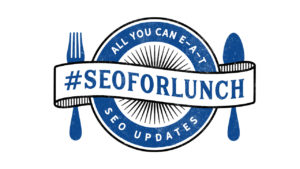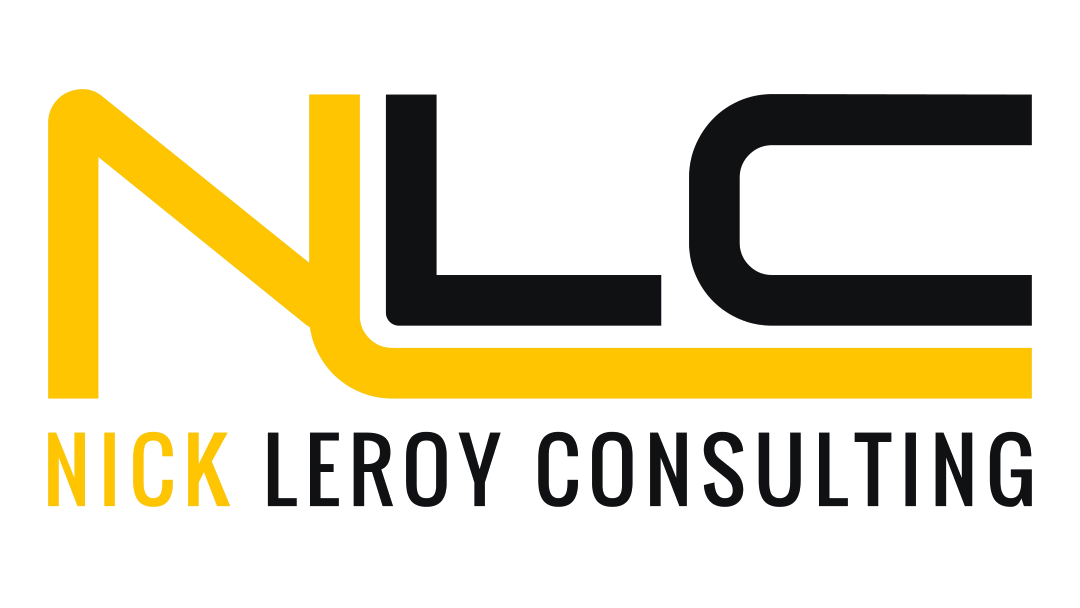⭐ This post is part of the #SEOFORLUNCH newsletter section called “SEO Lunch Conversations” If you want to have future posts sent directly to your inbox, please sign up below.⭐

Trust me, I get it. I don’t like confrontation either. We’ve all stayed silent or didn’t take action because of an uncomfortable situation or had hope that it might just go away.
In my 14 years of providing SEO services I have learned that avoiding difficult conversations turns into the first sign of an SEO engagement failing.
Let me walk you through a real life example:
I was hired to support the Director of SEO in an advisory role for an up and coming company that now does nearly half a billion in sales annually.
The Director of SEO was smart. He knew what he was doing but brought me in to help him get more internal buy-in.
This company is well siloed and often requires multiple buy-ins from leaders across each silo to get even the most basic SEO tasks accomplished.
Fast forward a year and the Director of SEO left the company. The inaction and de-prioritization of SEO had gotten to him. The process was painfully slow.
I had to step up and have a very difficult conversation
Here I am talking to the CMO. He wants to know why SEO performance isn’t close to matching projections that were made earlier in the year.
I told him that the company was at fault.
As I sat there chewing on my tongue (and waiting for confirmation that my contract wouldn’t be renewed…) This CMO responded:
“Tell me more..”
At this point I shared examples where and how various SEO initiatives were blocked and by what team.
The focus was NOT on individuals but where the system was broken and how the organic channel would see value with buy-in from the right individuals.
The CMO agreed!
Over the next quarter a few organization changes were made and SEO was assigned a new owner. This didn’t solve for ALL issues but performance has increased significantly since.
All of this because of an extremely difficult conversation…
Action Items or Takeaways
- Track where your SEO efforts are failing and why.
- Document the potential impact of SEO efforts not taking place.
- Provide a solution.*
- Identify the change maker
- Schedule time for conversation.
*Note that number 3 is CRITICAL. Without a potential solution, having a difficult conversation is no different than whining or complaining.
Good leaders think in the form of issue – impact – solution. If you can’t talk to them in this manner, you won’t get results.
Top Contributions To This Conversation
#SEOForLunch “lunch conversations” happen on Linkedin every week. If you would like to participate in the conversation please follow me on Linkedin.
Tyler Nalbach
I couldn’t agree more. This isn’t talked about nearly as much as all the SEO successes.
I was working with an ecommerce brand where they had a lot of similar products that were really hard to differentiate when it came to keyword targeting. I came up with our keyword strategy, optimized the content and was focusing on adding more content and getting backlinks.
A few months in I noticed that we were starting to rank for one of our target keywords, BUT it was on the wrong page (not the page we intended to).
I had a conversation with the brand owner to adjust what we were doing to lean into the page that was ranking for that keyword. So we had to switch up a lot of our keyword targeting and content so that we weren’t trying to rank for the same keywords on multiple pages.
I was a little concerned they would lose trust in my process or that I would lose credibility, but I knew it was essential for their campaign to make this shift. He agreed and appreciated the pivot and honesty on it, which was great.
You have to do what’s best for the future of the campaign even if it’s uncomfortable at the current moment.
David Colgate
I totally agree, but I’ve not come across much in the way of training which could help support individuals gain confidence in doing these. One way I help my team is by having ‘mock meetings’. I play an upset client and we model a challenging conversation. I then debrief them and we discuss how that person may have gone about it a different way or how another approach may have been beneficial.
